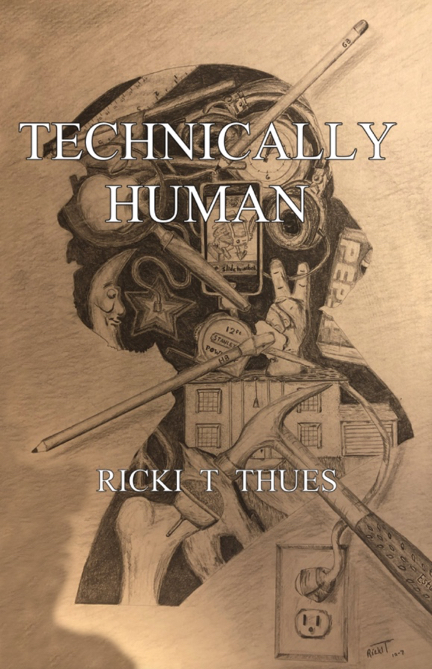Episode #829
December 21, 2024
Artificial Intelligence (AI) has arrived just in time.
My short term memory has been degrading slowly over time. Fortunately my long term memory has remained relatively intact. I think my short term storage time is slowing down. Long term seek time is still good. In computer terms, good read, not so good write.
I know how to research. My early trips to the library evolved into excursions into the Encyclopedia Britannica. A check with the Merriam Webster Dictionary often allowed me to parse through a baffling sentence. Some questions I put to the ombudsman at the news desk of the Orange County Tribune newspaper. There was always a newsman who knew everything or knew someone in the building who did.
Friends of mine worked for the defense department. I could telephone them and ask an unclassified question. They found the answer for me on the ARPANET (Advanced Research Projects Agency NETwork). This was the precursor of the Internet. Later, academic friends (scientists, teachers and researchers) had access to NSFNET (National Science Foundation NETwork). Answers to my questions arrived to them as Telnet (Telecommunication network) file transfers. They forwarded these files with a phone call or a printout delivered in the post.
HTML (HyperText Markup Language) evolved these early networks into the World Wide Web (WWW). I no longer had to call my friends with my questions. I could type questions into AltaVista search engine in my Netscape Navigator Internet browser. AltaVista crawled through the WWW indexing webpages. The solution to my queries was a list of webpages which sometimes contained the answer to my question.
Typing questions was replaced with speech to text. As computer operating systems incorporated dictation I found myself verbally asking my computer or smart phone questions. It felt like asking my own long term memory.
Companies like Neuralink are implanting brain-computer interface chips in paraplegics with the goal of allowing paralyzed people to manipulate prosthetics or work a computer. Such a chip can also give its user the ability to psychically query the Internet. A question will be thought and the answer will simply occur to the questioner.
With the rise of Artificial Intelligence the answers to questions will be found from the sum knowledge of the human race. Furthermore, communication between two people with brain-computer interface chips will be essentially telepathy. I think to you and you think back to me.
With a brain-computer connection short term memory can be stored in a computer, long term memory retrieval will be absolute. With the current rate of progress this technology will be available soon.
I hope I remember to have my chip installed.
IF YOU LIKE THIS BLOG YOU’LL LOVE MY BOOKS:
“Skydivers Know Why Birds Sing” by Ricki T Thues is now available on Amazon.
It is a Love story of Rick and Paula Thues and their 35 years of Skydiving.
Click HERE to buy the paperback or Kindle ebook at Amazon.
Follow Ricki T Thues on Amazon HERE.
ALSO AVAILABLE:
“Technically Human” by Ricki T Thues, the iMentor, is available on Amazon.
It is a compilation of selected episodes from this bLog which tell the story of Humanity through the eyes of the iMentor.
Click HERE to buy the paperback or Kindle ebook at Amazon.
The ebook version of “Technically Human” is also available on Kobo. Click HERE.
For you Barnes and Noble Nook readers it is available for Nook. Click HERE.
The “Technically Human” ebook is also available on Apple Books . Click HERE.







May be wishful thinking.
“Furthermore, communication between two people with brain-computer interface chips will be essentially telepathy. I think to you and you think back to me.”
Yikes!